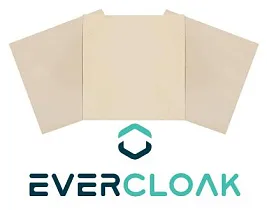
A recent report by the International Energy Agency (IEA) suggests that China should “encourage greater use of cooling operations that are adapted to occupant behaviour and cooling needs”, for instance through policies urging the use of occupancy sensors and smart ACs. [1]
The new standard gives the first official definition for “intelligent” air conditioners: “The air conditioner which adopts intelligent technology, has the ability to sense, make decisions, execute, learn, and feedback (including the ability to apply learning results); comprehensively utilizes these capabilities to achieve specific functions.” [3]
This new standard will help consumers make informed purchase decisions. The rating goes from 1-star at the lowest to 5-star at the highest, based on an evaluation of safety, interconnection or interoperability, intelligent functions including those for human comfort, ease of use, energy savings, identification and description.
By offering a clear definition of the requirements for “intelligent” ACs, the new standard should also promote the evolution of intelligent air conditioners from low level to high level. The 5-star products must gain more than 90 points, 4-star products will have 80 to 90 points, 3-star products will have 70 to 80 points, 2-star products will have 60 to 70 points and 1-star products will have 50 to 60 points.
Like any smart device, intelligent ACs may be susceptible to hacking. UL, the global safety certification organization, offers an IoT Security Rating which assesses critical security aspects of smart products against common attack methodologies and known IoT vulnerabilities. The IoT Security Rating categorizes IoT products according to an ascending five-level scale: Bronze, Silver, Gold, Platinum and Diamond.
For comparison, the diamond level rating provides comprehensive cybersecurity assurance. For instance, diamond level verifies that products can detect if malicious software is being inserted into the system and prevent such a code from altering the device. To achieve diamond rating, a connected product must also be protected against repeated failed log-in attempts as well as ensure that data collected is anonymized.
Verified products receive a UL Verified Mark and are evaluated on an ongoing basis. UL Verified Mark codes for Midea’s air conditioning and dehumidifier product lines can be accessed on the UL Verify website.
[1] The future of cooling in China: Delivering on action plans for sustainable air conditioning. See in FRIDOC.
[3] https://www.chinesestandard.net/PDF.aspx/GBT37879-2019
Source iifiir.org
